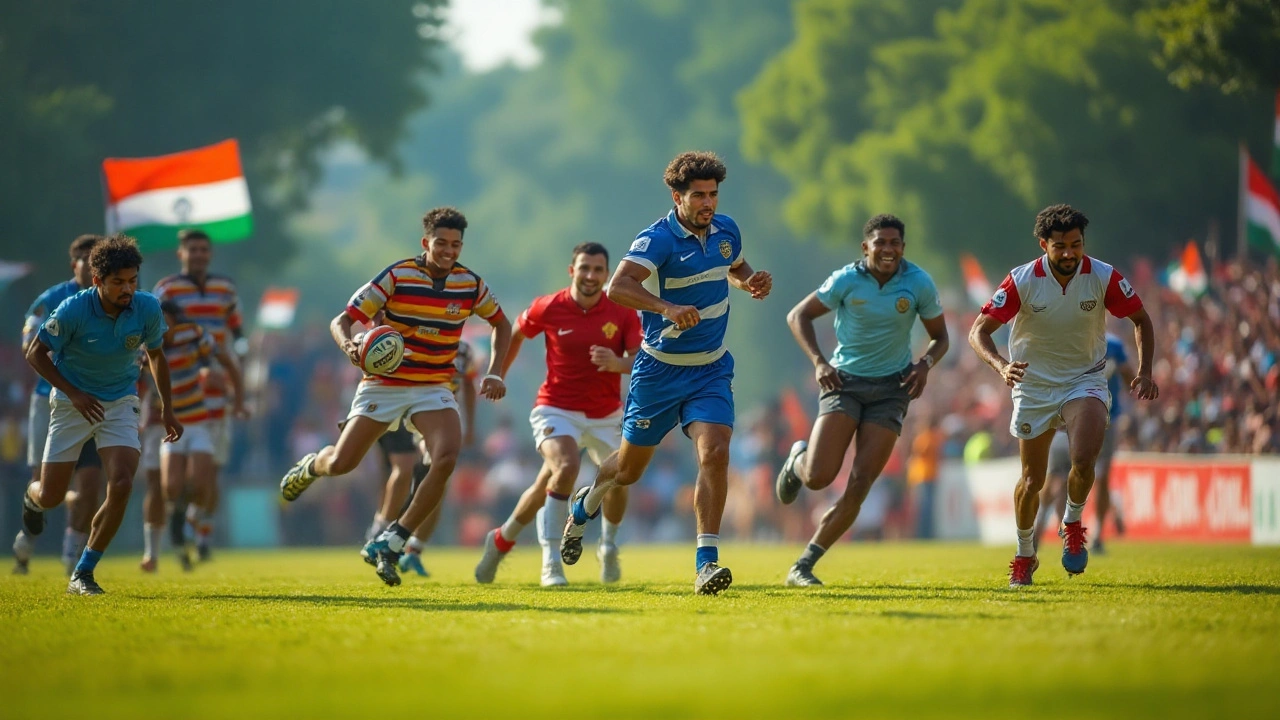Rugby Language: Slang, Terms and Regional Names
If you’ve ever watched a match and heard words like “try”, “scrum” or “footy”, you’ve already stepped into the world of rugby language. It’s a mix of simple words, old‑school slang and regional quirks that can confuse newcomers but help fans feel part of the game. This page pulls together the most useful explanations so you can jump into any conversation without missing a beat.
Australian Rugby Slang – What Aussies Call It
In Australia, rugby isn’t just a sport; it’s a part of everyday chatter. The most common nickname is “footy”, but the term varies by state. In New South Wales and Queensland, people often say “rugby league” or “league” when they mean the 13‑player version, while “union” is used for the 15‑player game. Coastal towns love the phrase “the wallaby” to describe a solid defensive line, and you’ll hear players brag about a “sideline” when they score near the touchline.
Another Aussie favorite is “the grind”, referring to the hard‑working forwards who push in the ruck. If you hear someone shout “hit ‘em hard, lads!” they’re urging the forwards to dominate the scrum. These expressions aren’t just jargon—they reflect the country’s love for gritty, physical play. Knowing them helps you understand why Aussie fans get so fired up during a match.
Rugby vs. American Football – How Violence Shapes the Talk
One reason rugby language feels intense is the sport’s reputation for hard hits. Compared to American football, rugby has fewer protective pads, so terms like “collision”, “tackle” and “breakdown” carry extra weight. When commentators say a player delivered a “bone‑crunching tackle”, they’re describing a moment that would likely be called a “hit” in football.
The violence also creates a unique set of penalties and warnings. A “yellow card” in rugby works like a “temporary suspension” in football, while a “red card” means you’re out for the rest of the game—just like a ejection. Understanding these rules explains why fans use phrases such as “playing on the edge” or “getting the referee’s eye”. The language mirrors the sport’s raw, continuous nature, where play doesn’t stop for a commercial break.
Both the Aussie slang and the comparison with American football show how rugby language evolves from the game’s physical style and local culture. By picking up these terms, you’ll sound like a genuine fan, whether you’re cheering at a local club, watching a World Cup broadcast, or chatting with mates online.
So next time you hear someone talk about a “clean break” or a “savage ruck”, you’ll know exactly what they mean and why those words matter. Rugby language isn’t just filler—it’s the lens through which fans experience the sport’s drama, strategy, and community spirit.
